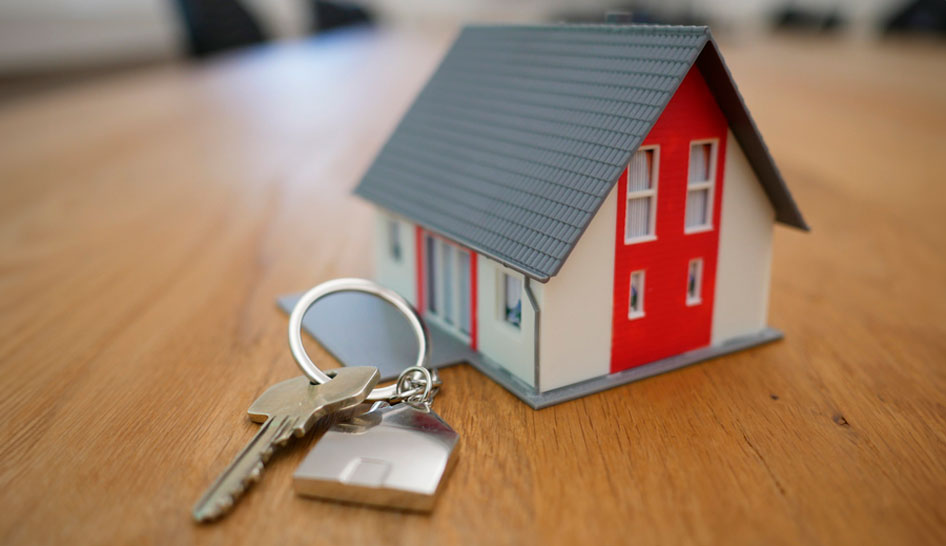HOUSE DOWN PAYMENT AVERAGE
HOUSE DOWN PAYMENT CALCULATOR
Find out how much you need to save for the Down Payment:
- Choose the loan amount you need (the price of the house you want to buy).
- Select the type of loan you want to get.
Understanding the Average House Down Payment:
Tips, Insights, and Expert Advice for Every Buyer
Introduction to House Down Payment: What It Is and Why It Matters
Understanding the Basics of Down Payment
So, you’re thinking about buying a house? That’s awesome! But before you jump into the home-buying process, let’s talk about one crucial thing: the down payment. In simple terms, a down payment is the amount of money you pay upfront when purchasing a home. It’s typically a percentage of the home’s total price. The more you put down, the less you’ll need to borrow, which means smaller monthly payments and less interest over the life of your mortgage.
Why Down Payment Is Crucial in Home Buying
You might be wondering, “Why is the down payment such a big deal?” Well, lenders see it as a sign of your financial responsibility. When you have more skin in the game, you’re less likely to default on your loan. Plus, a higher down payment can sometimes help you secure a better interest rate, making your mortgage more affordable in the long run.
The Average Down Payment: What Do the Statistics Say?
Current Trends in Average Down Payments
Now, let’s dive into some numbers. On average, people in the U.S. are putting down around 6% to 12% of the home’s purchase price. But remember, this can vary widely based on where you live, the type of loan you’re using, and whether you’re a first-time buyer or not. For example, in competitive markets like California, you might see higher down payments because it makes buyers more attractive to sellers.
How the Market Affects the Average Down Payment
The housing market also plays a huge role in down payment amounts. In a hot market, buyers might offer larger down payments to stand out. On the flip side, in a buyer’s market, you might get away with putting down less. It’s all about supply and demand, and that’s why it’s so important to understand the market you’re buying into.
Factors Affecting the Down Payment on a House
Loan Type and Its Influence on Down Payment
Not all loans are created equal, and the type of loan you choose will impact your down payment. For instance, conventional loans usually require a down payment of at least 5% to 20%. FHA loans, which are great for first-time buyers, might only need 3.5% down. Then there are VA and USDA loans that might not require any down payment at all if you qualify. Each has its own set of rules, so it’s essential to pick the one that best suits your situation.
First-Time Buyer vs. Repeat Buyer Scenarios
If this is your first rodeo, you might be able to take advantage of programs designed specifically for first-time buyers, which can lower your down payment requirement. Repeat buyers, on the other hand, often have equity from their previous home, which they can use towards the down payment of their next place. So, the situation can vary greatly depending on your experience level in the housing market.
Location and Its Impact on Down Payment Amount
Where you’re buying also matters a lot. In high-cost areas, the down payment might be a bit higher, while in more affordable regions, you could get away with putting down less. For example, a 10% down payment on a $200,000 house is way different from 10% on a $1 million property. It’s all relative, and that’s why it’s important to understand the local market.

Types of Loans and Their Impact on the Down Payment
Conventional Loans and Down Payment Requirements
Conventional loans are the most common type of mortgage, and they usually require a down payment of at least 5% to 20%. If you can swing a 20% down payment, you can avoid private mortgage insurance (PMI), which is an extra cost added to your monthly mortgage payment to protect the lender in case you default. It’s like a little safety net for them, but it can add up for you.
FHA Loans: Lower Down Payments for Qualified Buyers
FHA loans are backed by the government and are a popular choice for first-time homebuyers or those with less-than-perfect credit. They typically require a lower down payment of around 3.5%. However, you’ll have to pay mortgage insurance premiums (MIP) regardless of the down payment amount, which can slightly increase your monthly costs.
VA and USDA Loans: Options with No Down Payment
If you’re a veteran or buying in a rural area, VA and USDA loans might be the way to go. These loans offer the possibility of putting down as little as 0%—yes, zero! That’s a huge advantage if you qualify, but there are specific eligibility requirements you’ll need to meet. For VA loans, you’ll need a Certificate of Eligibility (COE) from the VA, while USDA loans are based on income and location.

Down Payment Assistance Programs: Opportunities for Buyers
Exploring Available Assistance Programs
Here’s a little secret that not everyone knows: There are tons of down payment assistance programs out there! These programs are designed to help buyers who might not have a large sum saved up for a down payment. They can come in the form of grants, loans, or credits that you can use towards your down payment and closing costs.
How to Qualify and Apply for Assistance
Qualifying for these programs usually depends on factors like your income, the type of property you’re buying, and even your credit score. The application process can vary, but it generally involves providing documentation to show that you meet the requirements. It’s a good idea to talk to a lender or a real estate agent who can point you in the right direction and help you find programs you might qualify for.
Advantages and Limitations of Assistance Programs
While these programs can be a game-changer, they do come with some caveats. Some might require you to live in the home for a certain number of years or pay back the assistance if you sell the house within a certain period. It’s crucial to read the fine print and fully understand what you’re signing up for.
Benefits of a Larger Down Payment
H3: Improved Loan Terms and Interest Rates
Let’s talk about the perks of putting down a bit more. One of the biggest benefits is that it can lead to better loan terms. Lenders see a larger down payment as less risk, which means they’re more likely to offer you a lower interest rate. And trust me, even a small difference in interest rates can save you a ton of money over the life of the loan.
Lower Monthly Payments and Less Interest Over Time
Another plus? Lower monthly payments. With a larger down payment, you’re borrowing less money, which means your monthly payments will be lower. Plus, you’ll pay less in interest over the life of the loan. It’s a win-win situation if you can manage it.
Increased Buyer Strength and Appeal to Sellers
And let’s not forget about how a larger down payment makes you look to sellers. In a competitive market, showing that you have more money saved up can make you a more attractive buyer. Sellers might be more inclined to accept your offer over others, knowing that you’re financially stable and serious about the purchase.
Practical Advice: The Importance of Talking to an Expert
Consulting with Lenders and Real Estate Agents
You know, with over 20 years of experience, I’ve seen this countless times: Talking to a lender or a real estate agent early in the process can make a world of difference. They can break down your options, help you understand what you can afford, and guide you through the whole down payment process. Every case is different, and having an expert by your side can uncover opportunities you might not even know existed.
H3: Personalized Guidance for Your Unique Situation
Everyone’s financial situation is unique. Maybe you have a great credit score but not much saved up, or perhaps you have some savings but your credit isn’t stellar. Whatever the case, an expert can look at your specific circumstances and help tailor a plan that works best for you. Trust me, it’s worth sitting down and having that conversation.
Uncovering Hidden Opportunities with Professional Help
Believe it or not, there are hidden gems in the world of down payments—like assistance programs, grants, or special loan options—that you might not find on your own. By talking with a lender or real estate agent, you can tap into these resources and potentially save yourself a lot of money.
Conclusion: Navigating the Down Payment Landscape with Confidence
Key Takeaways for Home Buyers
So, what’s the takeaway here? The down payment is a crucial part of the home-buying process, and understanding your options can make all the difference. Whether you’re a first-time buyer or a seasoned homeowner, knowing the types of loans available, the current market trends, and the potential assistance programs can help you make the best decision.
Preparing for Success in the Home Buying Process
The home-buying journey can be both exciting and a bit overwhelming, but with the right preparation and guidance, you’ll be well on your way to making a smart investment. Remember, it’s not just about how much you put down—it’s about finding the right balance that works for your financial situation and long-term goals. And hey, don’t be afraid to reach out to the experts. They’re there to help you every step of the way.

Ready to find out how to cover your down payment, or even discover programs where you wouldn’t have to pay anything?
Schedule a free, no-obligation appointment using the button below. It’s quick, easy, and could change everything. Go for it!

